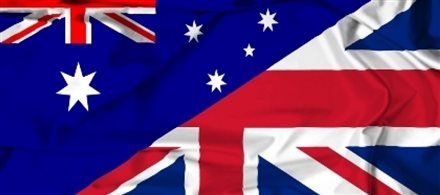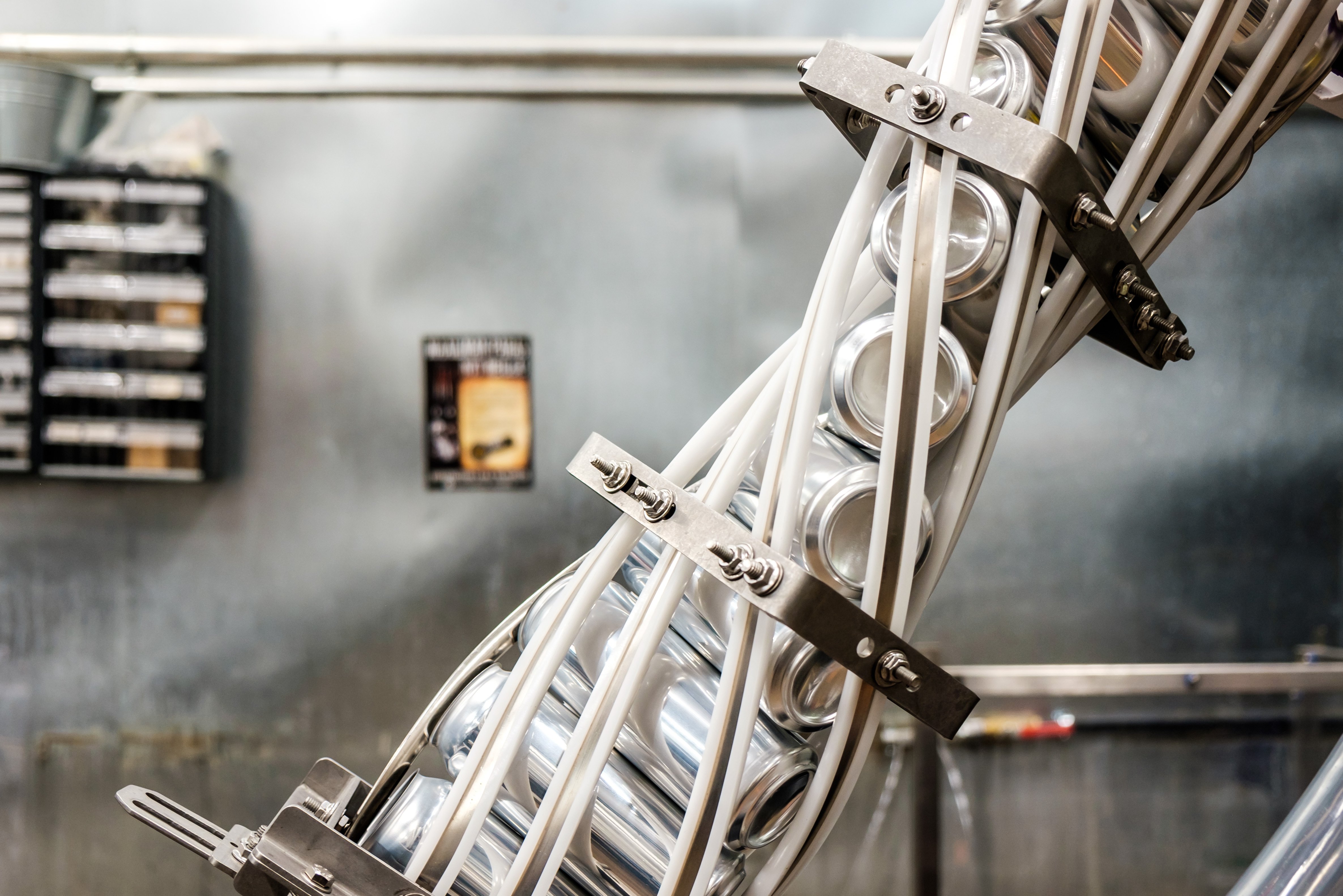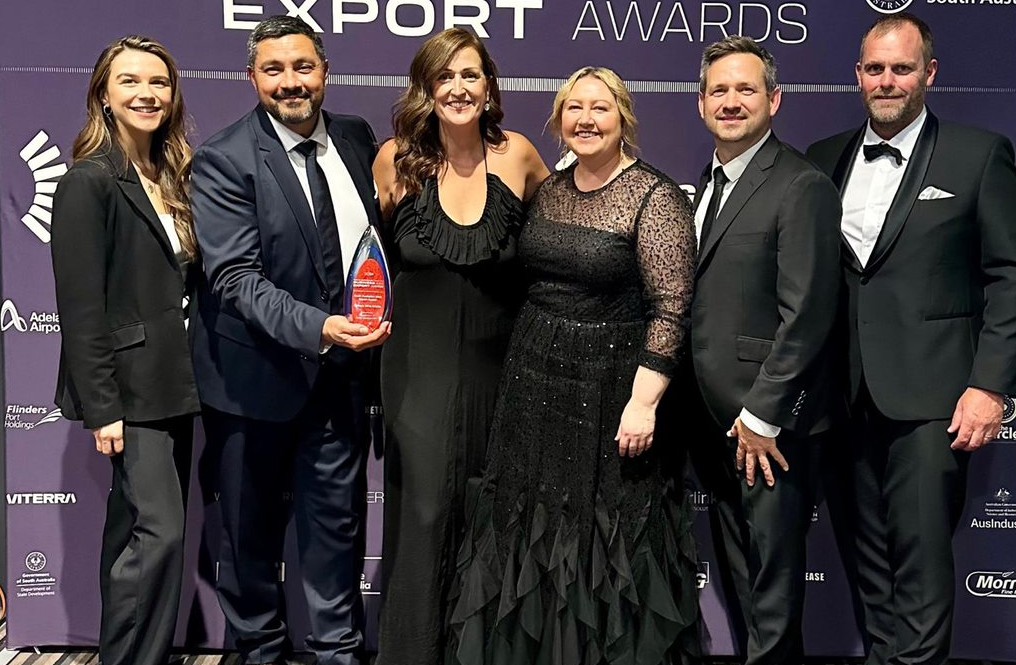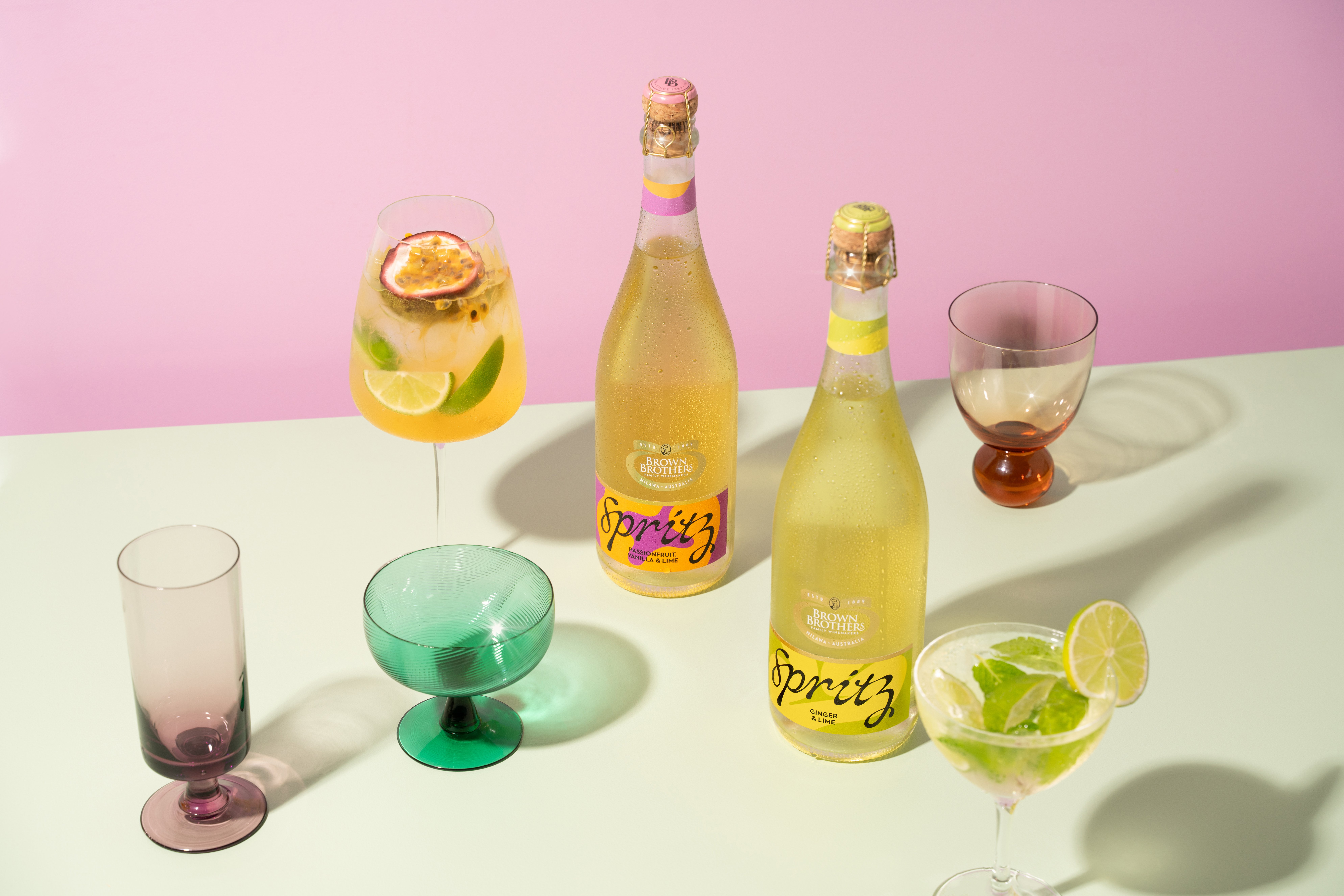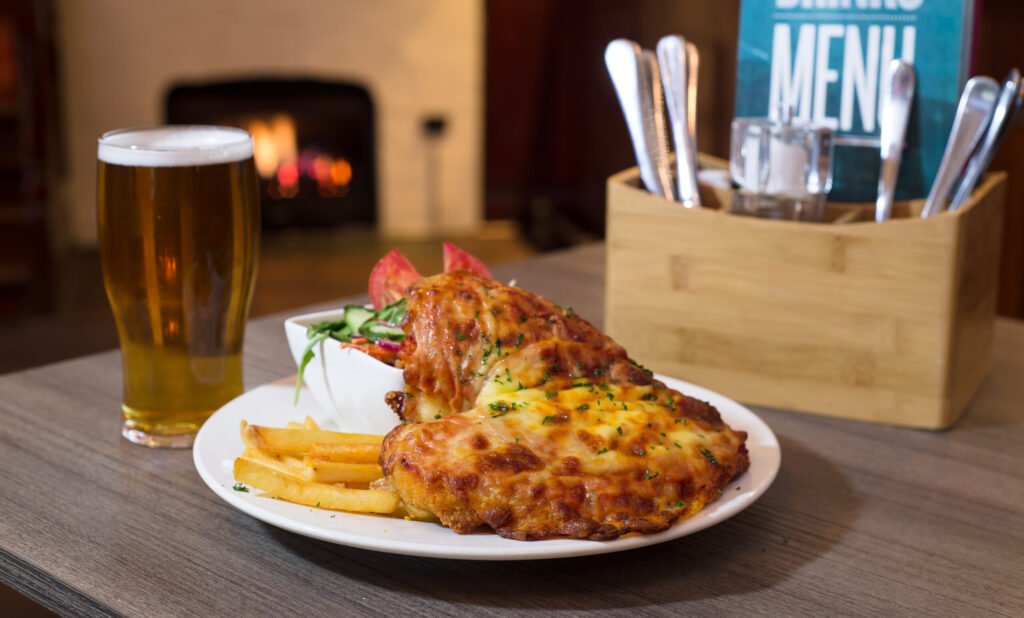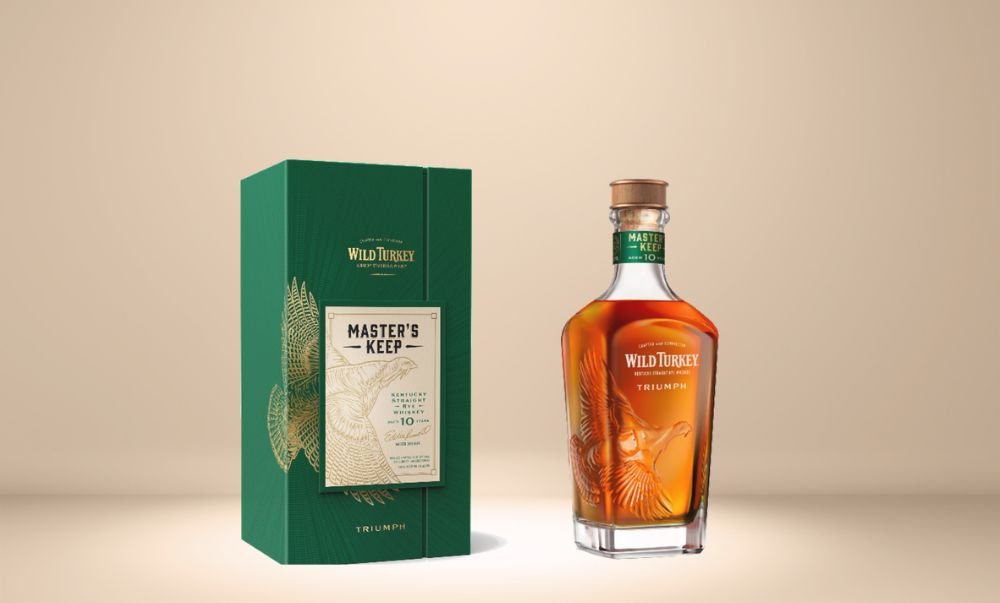Brexit became a reality yesterday, with British PM Theresa May triggering Article 50.
Article 50 is the process by which member states may withdraw from the European Union.
May said: "Today the government acts on the democratic will of the British people and it acts too on the clear and convincing position of this House.
"The Article 50 process is now under way and in accordance with the wishes of the British people the United Kingdom is leaving the European Union. This is an historic moment from which there can be no turning back."
Drinks industry bodies and companies have rallied together to ensure the impact on business is as minimal as possible.
The Wine and Spirit Trade Association's Chief executive Miles Beale said: “We stand together with our European Trade Association partners in our joint ambition to secure free trade flows. We have repeatedly said to Government since the referendum that the only way to achieve its aim for a frictionless Brexit is for the Government and industry to work in partnership.
“A phased leaving process will allow time to establish an EU free trade agreement and to put in place the necessary systems and infrastructure. Failure to do so, risks disruption to supply chains, chaos at UK ports, increases in costs for UK businesses and ultimately even higher prices for consumers."
He said the WSTA would continue to work tirelessly to achieve its key aims of continued, tariff-free movement of wines and spirits to and from the EU; new, tariff-free trade agreements with priority countries outside the EU; and equally safe passage of goods without extra checks at borders once the UK has left the Customs Union.
The Comité Européen des Entreprises Vins (CEEV), which represents wine companies, echoed the WSTA’s view, calling for “legal certainty” and the maintenance of a smooth flow of trade between the EU and the UK as the two-year negotiation process started.
“Ensuring smooth wine trade flows is important to both the EU and the UK economies” Jean Marie Barillère, President of CEEV said. “EU wines and UK consumers have had a special relation for centuries and shall continue to have it despite Brexit. With EU wines representing about 55% of UK wine imports, there is no doubt that the UK market is of utmost importance for EU wine producers, and that the British really appreciate European wines”.
Secretary General of CEEV Ignacio Sánchez Recarte said: “To allow business and administrations to adapt to the new system of trade relations, a future EU-UK Free Trade Agreement (FTA), it will be fundamental that leaders on both side of the Channel agree on a transitional period and on a FTA in a time frame that will reduce uncertainty as much as possible.”
Concerns for whisky industry
The Scotch Whisky Association believes the future of Scotch whisky will be a “litmus test” to measure the success of the UK’s departure from the EU.
The Scotch Whisky Association's acting chief executive Julie Hesketh-Laird said: “There are many areas where Brexit could have an important impact on Scotch whisky trade and we’re working with government to address those potential challenges.
“We want the UK Government to pursue as open a trade policy as possible; secure continued robust protection of Scotch; transpose relevant EU single market legislation into UK law; [and] retain the preferential market access that Scotch Whisky receives under existing EU Free Trade Agreements (FTAs), such as the EU/Korea deal.”
Pernod Ricard attributes price increases to Brexit
Pernod Ricard CEO and chairman Christian Porta has confirmed that the company has implemented price increases in the UK due to the currency's devaluation after the Brexit vote.
However, Laurent Pillet, managing director of Pernod Ricard UK, refused to confirm the price rises. He did admit: “Long-term, very transparently, [maintaining margin] is not sustainable, we are impacted on our margin because the cost of goods imported is more expensive in sterling than it used to be in the past,” he said.
The outlook for Australia
The priority for Australian drinks exporters will be a free trade agreement with the UK.
The UK can’t negotiate free trade agreements until it formally leaves the EU, but there will be informal talks over the next two years to prepare for quick deals in 2019.
In the meantime, Australian Vintage’s general manager UK and Europe Julian Dyer told Drinks Business the company would do everything it could to ensure free trade remained for wine, goods and services.
“We also hope that negotiations run smoothly and proactively, and that the currency markets respond in a way which strengthens GBP sooner rather than later. That would be a great help to all businesses importing goods into the UK.”
Earlier this month, Australian Trade Minister Steven Ciobo denied a meeting of Commonwealth Trade Ministers in London was about creating an ‘Empire 2.0’.
Speaking after talks with UK Secretary for Trade Liam Fox, Ciobo said: “We are absolutely focused on being as ambitious as we can in relation to trade. We want to open up export markets, we want to open up investment.
“There is absolutely nothing here that is about opening up some kind of new empire or anything like that. This is about bringing countries together at various stages of development to talk about the importance of having a strong commitment to liberalising trade and investment because that drives growth and it drives employment in every single country.”
Share the content
